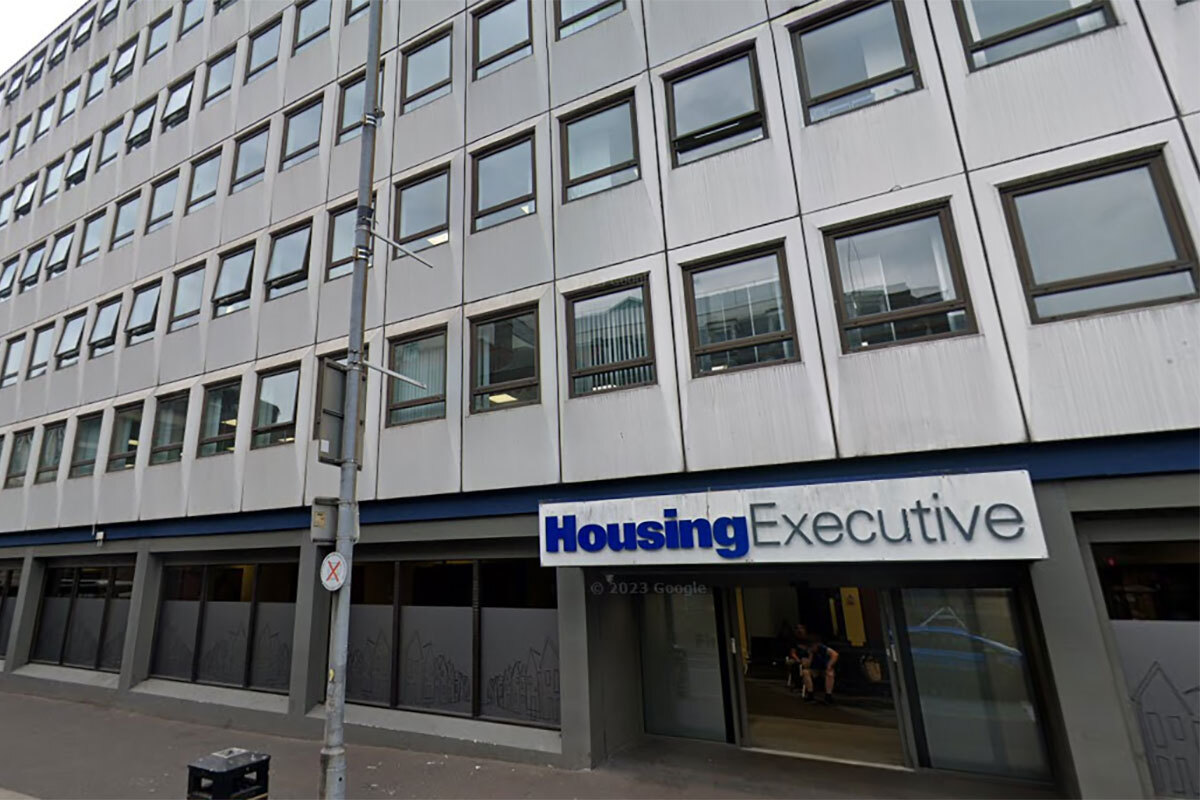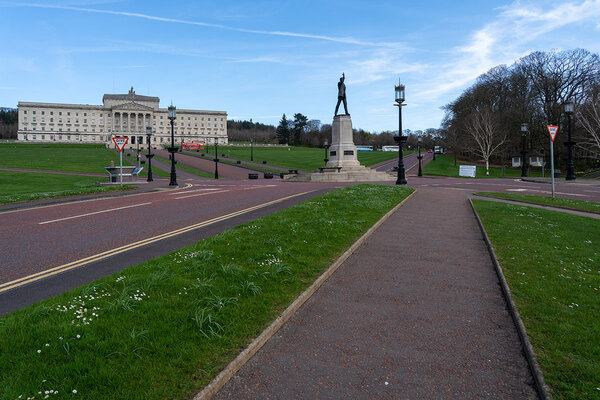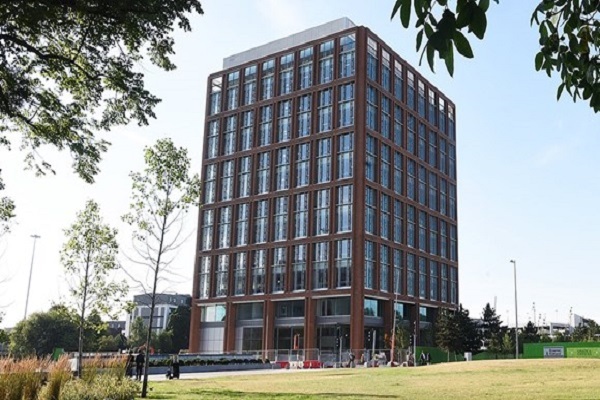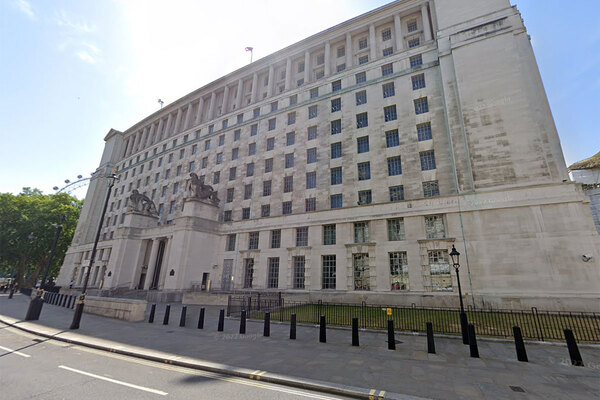You are viewing 1 of your 1 free articles
Court rules NIHE discriminated against disabled household left in unsuitable housing for nine years
A county court in Belfast has ruled that the Northern Ireland Housing Executive (NIHE) discriminated against a disabled couple, after they were left in unsuitable accommodation for nine-and-a-half years.
The court, which awarded the plaintiffs £30,000 in compensation, found that the NIHE’s “rigid” adherence to the housing allocation scheme was “neither proportionate nor necessary”, after it failed to allow the couple to have more areas of choice (AOCs) than the policy’s allowance of two.
The judgment acknowledged the lack of available social housing in the country.
There are more than 47,000 applications on the housing waiting list in Northern Ireland.
Last year, the Department for Communities made changes to the system for allocating housing for the first time in 20 years. The aim of the overhaul is to “help create a better, more efficient service for people in housing need”.
The 18 changes, which included reducing the number of reasonable offers applicants receive from three to two and allowing people to choose from as many areas as they wish, are being delivered in four stages over three years.
However, the previous allocations policy, which only allowed households to nominate two areas of choice to move to, applied in this case.
The court found that the system, alongside the shortage of housing, had “particularly adverse” effects on disabled people.
The two plaintiffs, Mr and Mrs Boyle, launched legal proceedings in March 2020, claiming that they were discriminated against under the Disability Discrimination Act 1995 (DDA).
Both of the Boyles had physical and mental health issues and were classified as disabled under the act. They became homeless in 2011 and were accepted as full duty applications by the Housing Executive.
The case covers the period between 2013 and 2022, when the plaintiffs were allocated a house in a new development after suitable adaptations were made for Mr Boyle’s conditions.
During the nine-and-a-half year period, the Boyles lived in a private rented house in Belfast.
Mr Boyle’s condition deteriorated in the summer of 2013, meaning that he needed his own bedroom. From that point, the property was unsuitable.
Mr Boyle suffered from “serious” physical and mental health conditions, the “combined effect of which was that his mobility was severely adversely affected”.
“The physical conditions and associated psychological and mental health conditions from which he suffered were severely debilitating and progressive throughout the period 2013 to 2022,” the judgment said.
In January 2017, Mr Boyle had fallen on the stairs in his house, which led to a spell in hospital.
His condition deteriorated “substantially” as a result and thereafter he was largely confined to bed in the living room on the ground floor of the property.
The judgment said: “He had to use a wheelchair, and this necessitated the use of a hoist to get him in and out of bed. As the bathroom was upstairs in this property, he therefore had no access to the toilet nor to washing facilities.
“This situation lasted for over five years. There is no doubt that these were abject conditions for Mr Boyle, and for Mrs Boyle as his carer, to endure.
“From the documents it is clear that there was an acceptance by the defendant in December 2018 that Mr Boyle’s condition was such that, at that point, he was not fit to be moved to temporary accommodation because of his disabilities.
“It still took a further four years for the Boyles to be offered in December 2022 the home that they moved into in February 2023.”
According to the Housing (Northern Ireland) Order 1988, offers of housing to people suffering homelessness must be “suitable” and “reasonable” for the household to accept.
According to the judgment: “The dispute in this case centred on the extent of the obligations on the Housing Executive to offer suitable accommodation in the form of reasonable offers, and on an alleged lack of flexibility on the part of the plaintiffs in refusing offers which the defendant deemed suitable.
“Approximately eight of the properties that were actually offered were analysed in detail in the evidence presented in this case.”
The judge found it was “not unreasonable” for the plaintiffs to refuse those offers and that the offers were “not reasonable in the circumstances”.
The judge found that the Boyles were “blamed” by the NIHE’s officers for a lack of flexibility by not switching at least one of their areas of choice to somewhere with more available housing.
“The Housing Allocation Scheme has been changed since the period in issue in this case as applicants for housing can now specify as many AOCs as they wish.
“This change in policy was made in 2022 after 10 years of consultation. The fact that the policy has changed relatively recently is not however determinative of the Boyles’ case.
“On the facts in this case there was already flexibility built into the existing scheme to allow for exceptional circumstances such as those pertaining in the Boyles’ case,” the judgment said.
The court concluded that the Housing Executive had a duty to make reasonable adjustments for the family and it was therefore “incumbent” on it to “apply the policy with its inherent flexibility by allowing the Boyles to nominate a third” area of choice.
The judge said this “amounted to a failure” to comply with its duty and the “simplest adjustment” would have been for the family to be allowed to add a third area of choice.
“The court’s conclusion on the evidence is that if they had been allowed to do so they would have been placed in suitable accommodation much earlier than they were.
“I find that there was therefore a failure to make reasonable adjustments which resulted in the Boyles languishing for years in wholly unsuitable accommodation,” she concluded.
According to the judgment: “The court declares that the plaintiffs suffered discrimination under the DDA and their claim therefore succeeds.”
The court awarded £30,000 in compensation to the Boyles, “given the extensive period during which the failure to make reasonable adjustments persisted” and to “reflect the plaintiffs’ injury to feelings which resulted from the breach of that duty”.
A Housing Executive spokesperson said: “We noted the judgment in this case and we are taking the opportunity to appropriately reflect on the findings.
“The significant issue in this case involved the limitation of areas of housing choice.
“This issue has been considered as part of the recent fundamental review of housing and changes to this process have already been implemented.”
Sign up for our Northern Ireland bulletin
Already have an account? Click here to manage your newsletters












